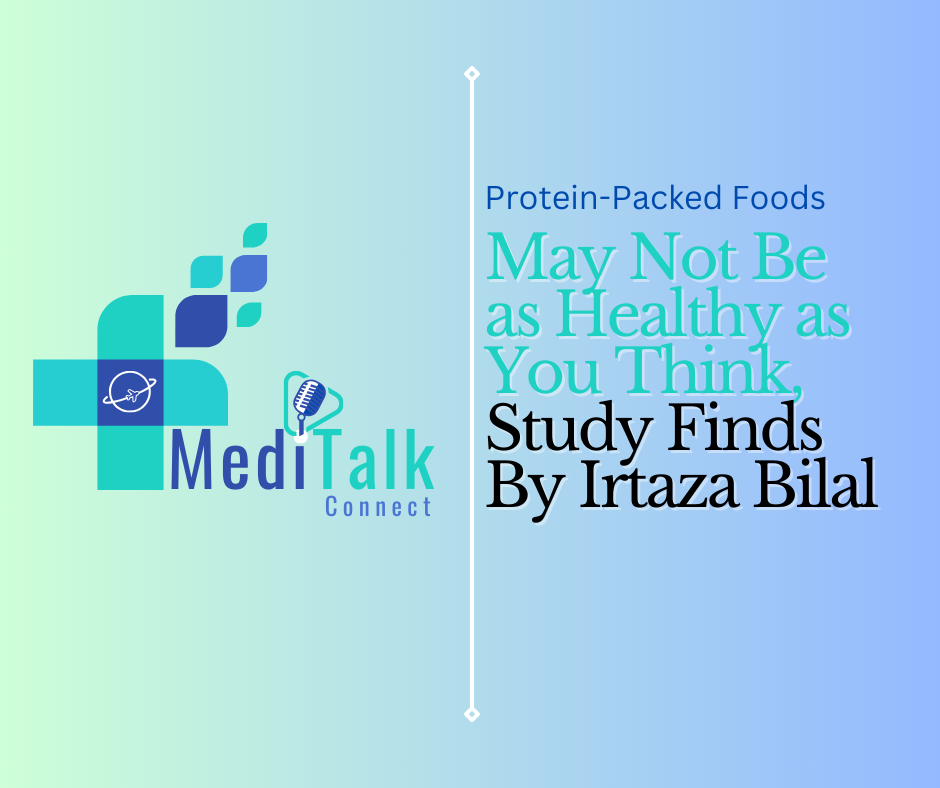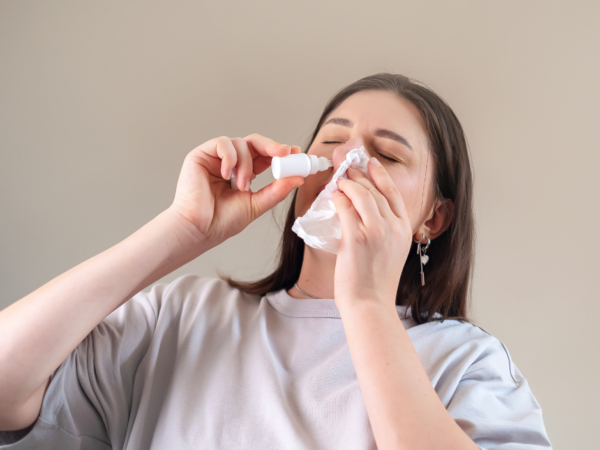In a world obsessed with fitness and diet trends, protein-packed foods have become synonymous with health. From protein bars to shakes, snacks, and cereals, we’re inundated with products promising to fuel our bodies with muscle-building, fat-burning nutrients. But are these high-protein foods really as healthy as they seem? Recent studies suggest otherwise, revealing some startling truths about the downsides of protein-laden diets.
The Hidden Reality of High-Protein Foods
Protein is an essential macronutrient, no doubt, but not all protein sources are created equal. Many protein-packed processed foods are loaded with hidden sugars, unhealthy fats, artificial additives, and excessive calories. The illusion of health often comes from clever marketing rather than actual nutritional value.
A recent study published in Nutritional Science Advances found that many high-protein processed foods can contribute to health risks such as:
- Increased Cholesterol Levels: Products made with animal-derived proteins often contain saturated fats, which can raise LDL (bad cholesterol) levels and increase the risk of heart disease.
- Kidney Strain: High-protein diets put extra pressure on the kidneys, which can be harmful, especially for individuals with pre-existing kidney issues.
- Gut Health Issues: Many protein bars and snacks lack fiber and contain artificial sweeteners, leading to bloating, poor digestion, and imbalances in gut bacteria.
The Dangers of Protein Overload
While protein is vital for muscle repair, satiety, and overall health, excessive consumption can backfire. A diet overly focused on protein can lead to nutrient imbalances, causing deficiencies in essential vitamins, minerals, and antioxidants found in fruits, vegetables, and whole grains.
For instance, those who replace carbs with protein often miss out on the benefits of fiber, which plays a crucial role in maintaining heart health and supporting digestion. Similarly, relying heavily on protein shakes and bars may expose individuals to unhealthy additives like synthetic vitamins and sugar alcohols.
Rethink Your Protein Sources
If you’re aiming to maintain a healthy diet without falling into the protein trap, focus on natural, whole-food sources. Here are some tips:
- Prioritize Plant-Based Proteins: Lentils, chickpeas, tofu, quinoa, and nuts are excellent sources of protein with the added benefits of fiber, antioxidants, and healthy fats.
- Choose Whole Over Processed: Instead of protein bars, opt for a handful of almonds or a hard-boiled egg. Avoid foods with long ingredient lists filled with unrecognizable additives.
- Balance Your Macronutrients: Pair protein with complex carbs and healthy fats for a well-rounded meal. Think grilled chicken with sweet potatoes and a side of leafy greens.
The Bottom Line
The allure of protein-packed foods can be misleading. While protein is essential, the quality and source of that protein matter more than sheer quantity. By prioritizing whole, minimally processed foods and avoiding the pitfalls of protein overload, you can achieve a balanced, sustainable, and truly healthy diet.
Don’t let clever marketing dictate your health choices. Look beyond the “protein-packed” label and make informed decisions that support your long-term well-being.



